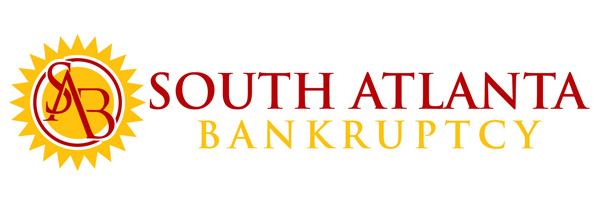Some, but not all, old tax debt can be wiped out (“discharged”) in a Chapter 7. (In some, but not all, Chapter 13’s, that same debt can be paid less than in full…pennies on the dollar).
Tax debt can be wiped out in Chapter 7 if, but only if, all of the following are true:
- 1) The debt is for personal income taxes (not, for example, business trust fund taxes like
employee withholding taxes), and
- 2) The tax first came due more than three years ago (not counting extensions granted for time to file the return, and not counting time spent during that period in a prior bankruptcy), and
- 3) You must have already filed the appropriate tax return. You must have filed it:
a) either on time,
b) or if you filed it late, you must have filed it at least two years ago, and 4) Your return was not audited within the last eight months.
The good news is that if all of the above are true, old tax debt is discharged in bankruptcy just as surely as a medical bill or credit card debt would be.
Because tax debt “ages”in bankruptcy, April 15th is an important day. On that day each year, one more tax year becomes dischargeable if all of the factors listed above are true. Thus, as of April 15, 2014, taxes for tax year ending December 31, 2010, became dischargeable for the first time. (Before April 15, 2014, 2010 taxes could not possibly have come due more than three years ago, and would not be dischargeable under any circumstances).
If you owe old tax debt, you need to 1) know the tax years in which those taxes were incurred, and 2) you need to know when you filed the return. Shortly before tax day, we sometimes counsel clients to wait until after April 15th to file for bankruptcy, because it can save you a lot of money to have another year of old taxes discharged.
Call us, at 678-519-4143 and one of our lawyers will be happy to discuss your particular situation with you.
Photo Courtesy of efile.com

